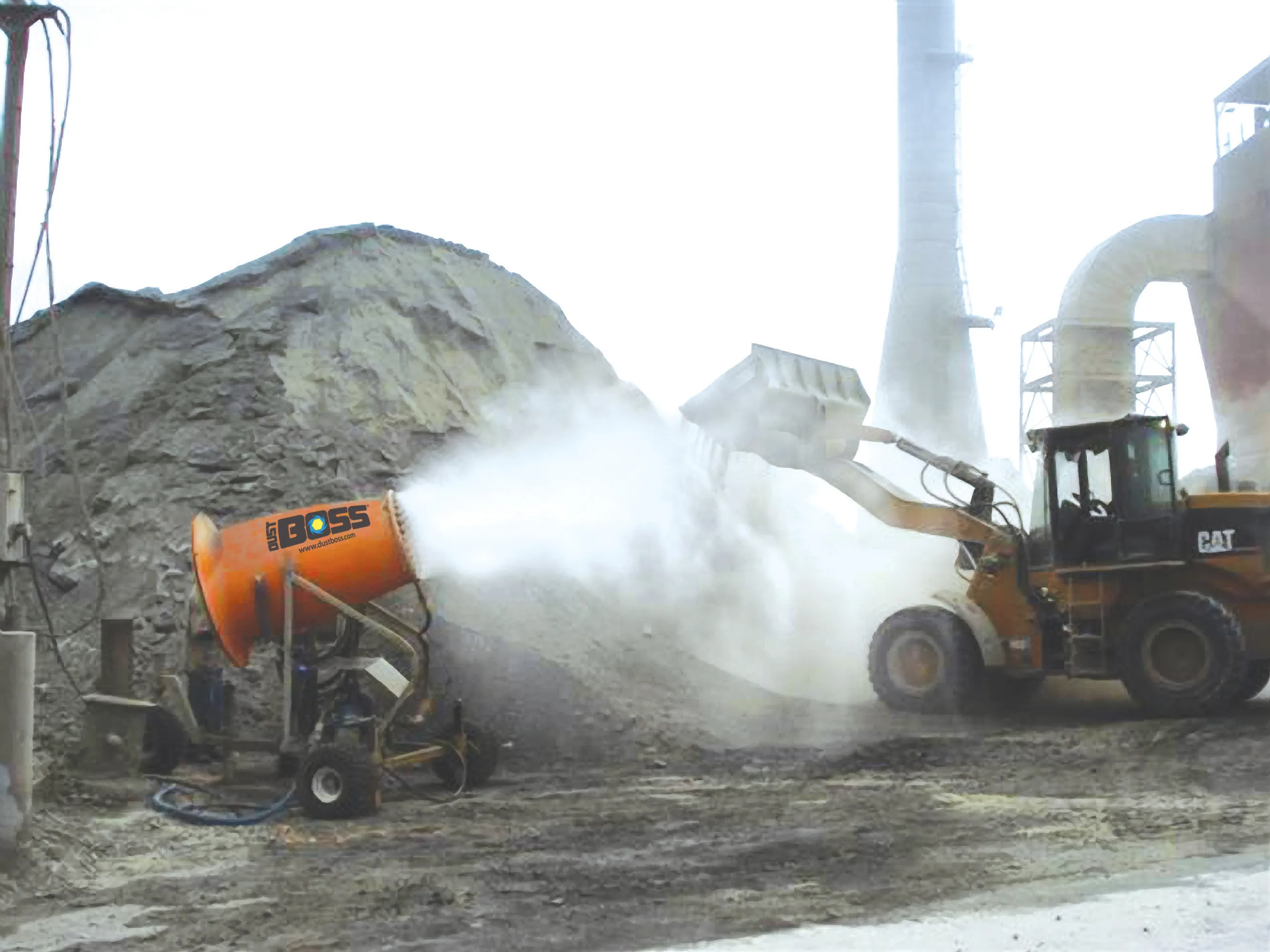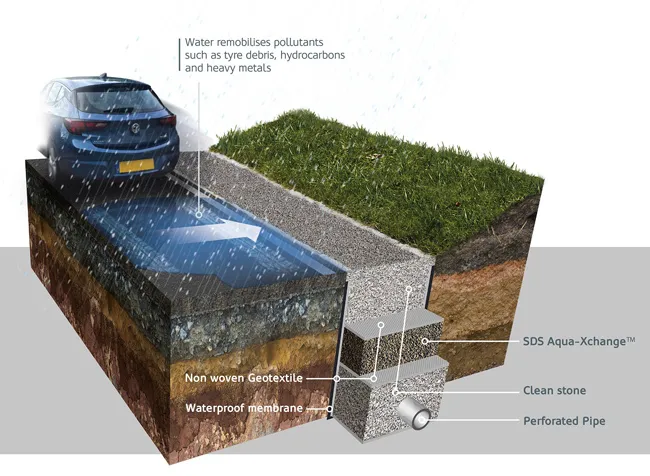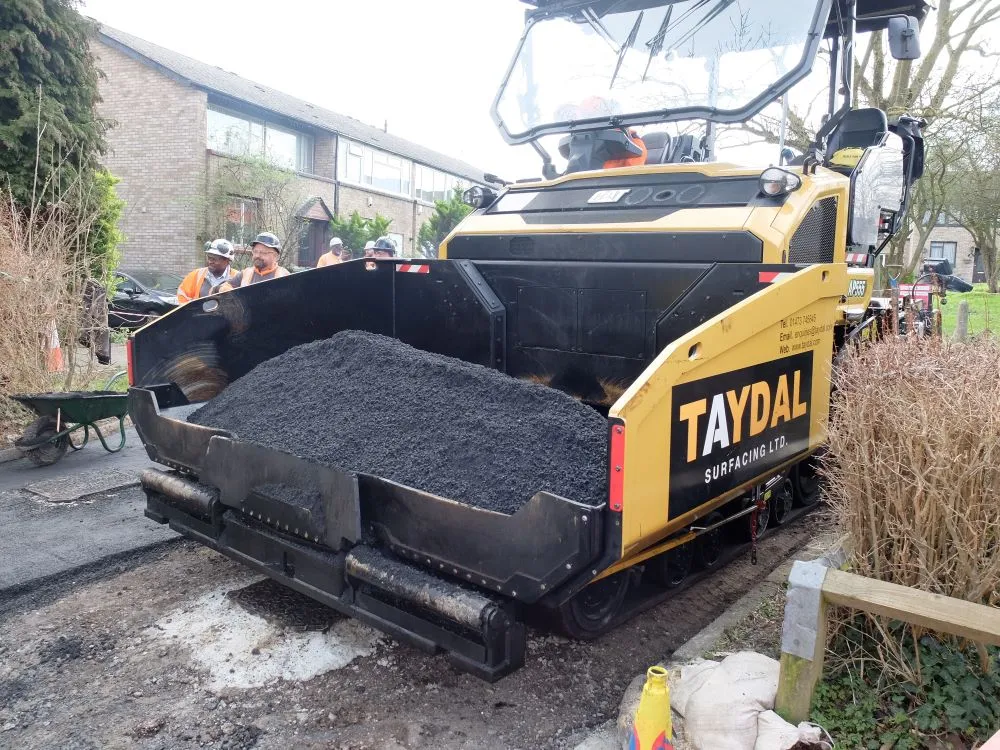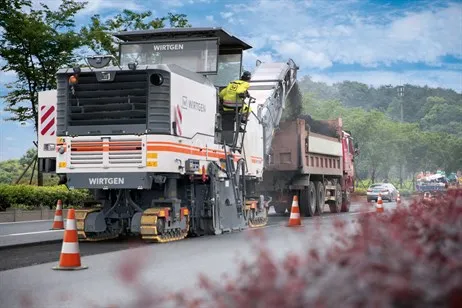Dealing with nuisance dust is an issue for almost every quarry and for those operating in the tropical paradise of the Caribbean, it is no different. One Trinidad-based quarry operator has recently tackled the problem and is seeing benefits for its workers, neighbours and its machine service life too.
February 13, 2012
Read time: 3 mins

Dealing with nuisance dust is an issue for almost every quarry and for those operating in the tropical paradise of the Caribbean, it is no different. One Trinidad-based quarry operator has recently tackled the problem and is seeing benefits for its workers, neighbours and its machine service life too.
1416 Trinidad Cement Limited (TCL) extracts around 1.1million tonnes of limestone each year from its quarry in Mayo, Central Trinidad but had a history of problems with dust.
"In the past, our crews had done their best to control dust particles by hand spraying, but we found that watering with hoses or sprinklers offered limited benefit in containing surface dust," said TCL health, safety and environmental manager Amarchandra Maharaj. "And once the dust particles became airborne, the water droplets from these methods were far too large to have a meaningful effect." According to Maharaj, manual techniques also had a tendency to saturate the material surface and contributed to standing water. Even with dust screens and vegetation to help create a containment barrier, company officials believed there had to be a way to better suppress airborne particles and contain surface dust, without the saturation problems and manpower requirements that typically accompany hand spraying.
A study of the site showed that one of the main problem was the229 Hazemag impactor mobile crusher that is used to process the limestone that is ripped using a 178 Caterpillar D11R.
The company wanted a solution that could be moved with the crusher and trialled a DustBoss DB-60 system from2594 Dust Control Technologies (DCT) at the site with good results.
The system used at TCL's quarry delivers 850m³ of airflow through the barrel to give a throw of more than 60m and also had the option for a pump booster to increase the water pressure, if needed. The DB-60 also has an adjustable elevation from 0-50°, and the oscillating head delivers 40° of motion. The rotating design can cover 0.2ha from a single location and the wheeled carriage-mounted mobile unit can be easily relocated.
According to TCL, the system is working well and has helped to improve the working environment of its operative and minimise dust pollution problems for nearby residents. But the system is also having other operational advantages - it is helping to reduce the opportunity for abrasive dust to enter air intakes on heavy equipment, helping to extend air filter life and reduce unnecessary engine wear.
"In the past, our crews had done their best to control dust particles by hand spraying, but we found that watering with hoses or sprinklers offered limited benefit in containing surface dust," said TCL health, safety and environmental manager Amarchandra Maharaj. "And once the dust particles became airborne, the water droplets from these methods were far too large to have a meaningful effect." According to Maharaj, manual techniques also had a tendency to saturate the material surface and contributed to standing water. Even with dust screens and vegetation to help create a containment barrier, company officials believed there had to be a way to better suppress airborne particles and contain surface dust, without the saturation problems and manpower requirements that typically accompany hand spraying.
A study of the site showed that one of the main problem was the
The company wanted a solution that could be moved with the crusher and trialled a DustBoss DB-60 system from
The system used at TCL's quarry delivers 850m³ of airflow through the barrel to give a throw of more than 60m and also had the option for a pump booster to increase the water pressure, if needed. The DB-60 also has an adjustable elevation from 0-50°, and the oscillating head delivers 40° of motion. The rotating design can cover 0.2ha from a single location and the wheeled carriage-mounted mobile unit can be easily relocated.
According to TCL, the system is working well and has helped to improve the working environment of its operative and minimise dust pollution problems for nearby residents. But the system is also having other operational advantages - it is helping to reduce the opportunity for abrasive dust to enter air intakes on heavy equipment, helping to extend air filter life and reduce unnecessary engine wear.









